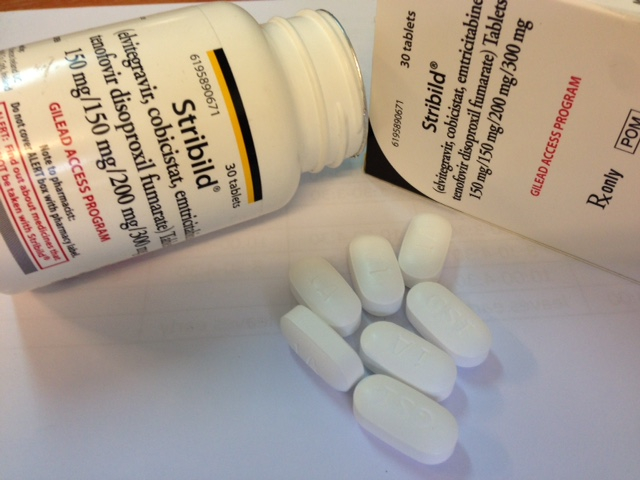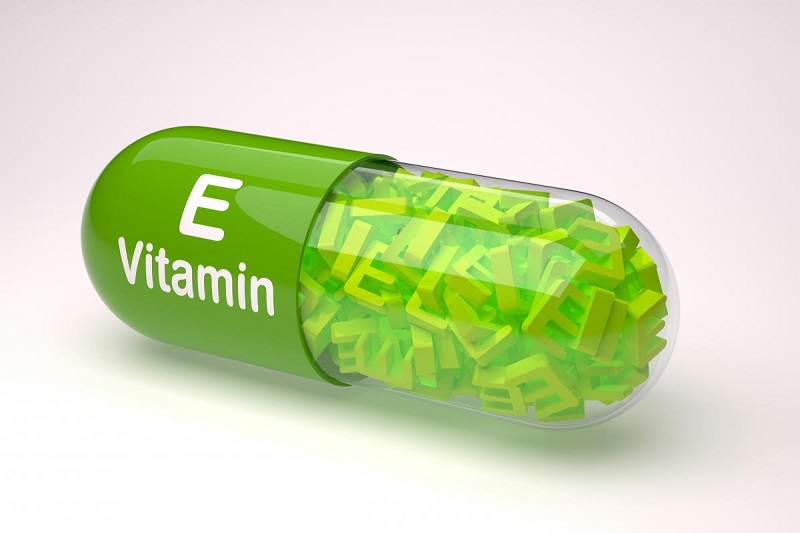Interactions
When used with diclofenac, certain medications may either lessen the drug's impact, shorten its duration of action, exacerbate adverse effects, or have no effect at all. Even while it is not always necessary to cease taking one of the drugs, sometimes there is an interaction between two drugs. Consult your doctor to learn how to handle drug interactions.
Drinking alcohol while taking diclofenac may raise the risk of renal damage or side effects involving the gastrointestinal tract.
Typical drugs with which Diclofenac may interact are:
- ACE inhibitors or ARBs, such as captopril, enalapril, or losartan
- Antibiotics, such as ciprofloxacin or vancomycin
- Anticoagulants (blood thinners) such as apixaban, dabigatran, fondaparinux, heparin, or warfarin
- Antidepressants, such as citalopram, escitalopram, fluoxetine, or paroxetine
- Antifungals, such as voriconazole
- Beta blockers, such as acebutolol, atenolol, bisoprolol, or carvedilol
- Bisphosphonates, such as alendronate
- Diuretics (water pills), such as chlorthalidone, chlorothiazide, or hydrochlorothiazide
- HIV medications (eg, Stribild, tenofovir)
- Other nonsteroidal anti-inflammatories (NSAIDs), such as celecoxib, etodolac, ibuprofen, ketorolac, meloxicam, nabumetone, or naproxen
- Sulfonylureas (a type of diabetes medication), such as glimepiride, glyburide, or glipizide
- Supplements, such as glucosamine, omega-3 fatty acids, vitamin E
- Others, such as cyclosporine, lithium, methotrexate, pemetrexed, pirfenidone, or tacrolimus.
- Sleeping pills, such as zolpidem
- Some medications used to treat mental illness, such as clozapine and thioridazine
- Theophylline









